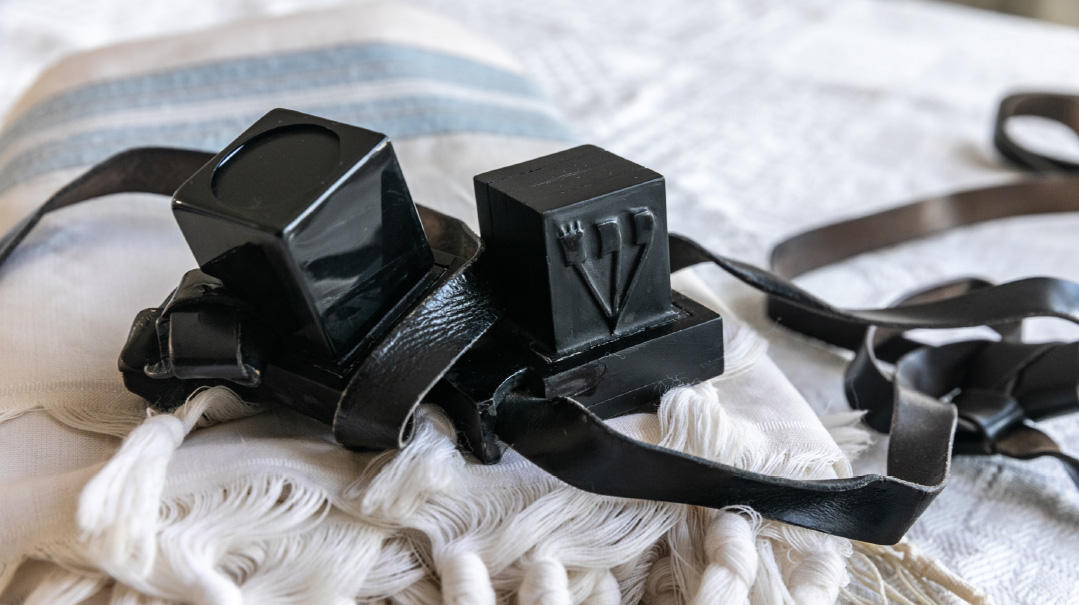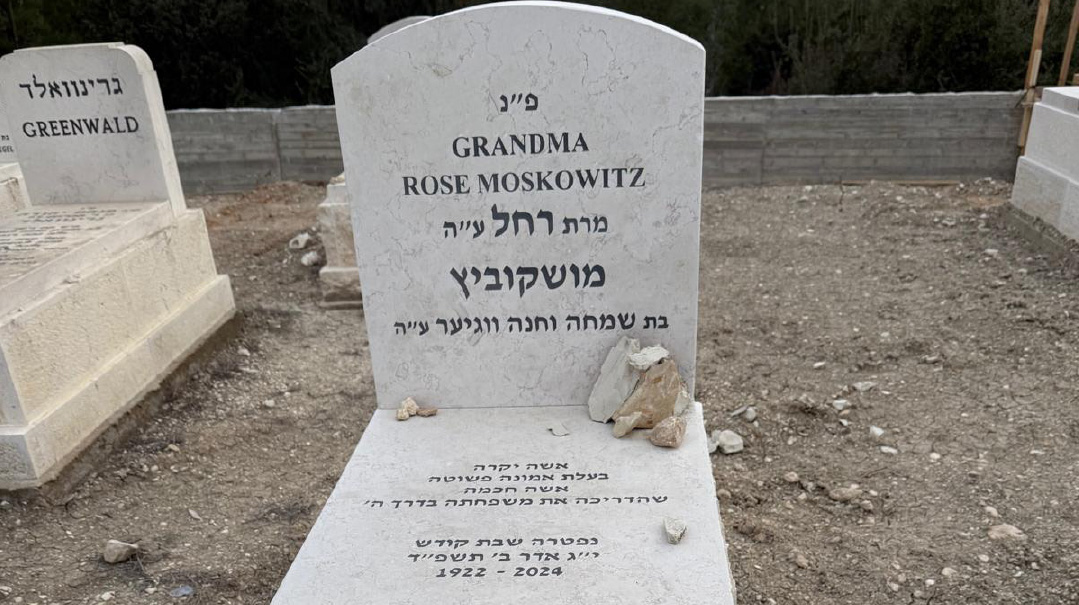Tying Down the Inspiration

By this point your voice is gone, but that doesn’t stop you from yelling at your chavrusa, insisting that he defer to your genius

You enter the beis medrash on Shavuos night after your meal, dressed in your finest attire: a freshly pressed white shirt, your special Yom Tov suit, a new tie and cufflinks, shoes specially shined for the occasion. You greet your chavrusa, remove your hat and jacket, and sit down to learn. You are excited, even a bit nervous, as you look forward to an intense and exhilarating night. Despite your best efforts, your chavrusa detects your eagerness, and you, his.
After the exchange of pleasantries, you open your Gemara, and as the front cover snaps on the table; you begin to sway rhythmically in your chair, singing the words. Your head dips and rises like a swimmer’s, coming up for air and then again descending into the water.
At first, the going is slow. You struggle to understand the Gemara’s question, the answer, the Rashi, the Tosafos. Nothing you attempt works. Every word seems impenetrable.
You go out for a coffee and a Danish to keep awake, and when you resume learning, you notice that something incredible happens. You begin to get smarter. The Gemara opens up. You anticipate every question of every commentator. Curiously, your chavrusa feels the exact same way, and you both wonder how it is that two of the most brilliant people in the history of mankind are learning together on Shavuos night.
Oops! We could not locate your form.











